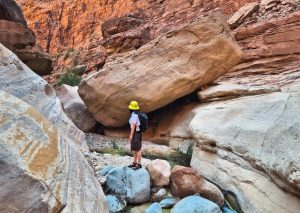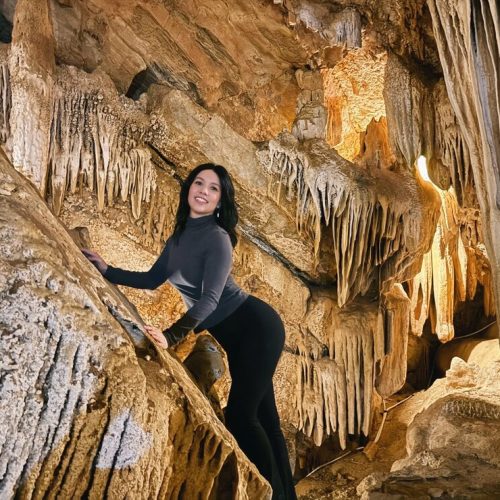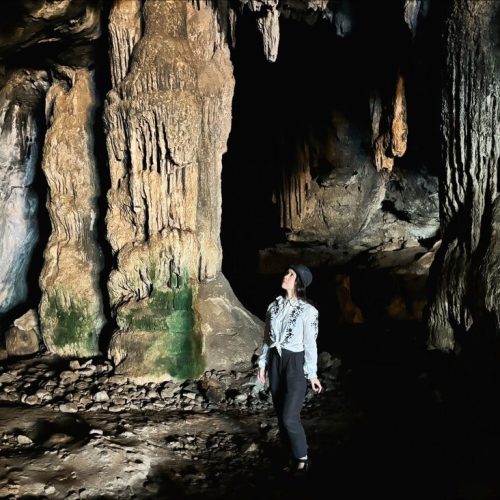If you love mountains and appreciate culture and spirituality, Jiuhua Sacred Buddhist Mountain in the Anhui province of China combines all these elements.
I was lucky enough to experience this beautiful place back in 2009 when I was teaching English in China. Since then I have thought about this mountain quite a lot. It’s not everyday you see a vast number of temples, small and large, situated on mountains and against a stunning backdrop of steep cliffs and lush forests.
I wish I had more photos of this place, but it was before I really got into blogging and before I had a decent camera – I don’t think the phone I had in China at the time even had an in-built camera! But I have managed to find a few photos which I thought I’d share. One thing that has always stood out were the peacocks.
Buddhists revere peacocks, believing they symbolises wisdom. As result, I saw these beautiful, iridescent birds around the temples and wandering around the mountain – kind of like they owned the place hah!

One of China's most scared mountains
Jiuhua Mountain, also known as Jiuhuashan or Mount Jiuhua, is a sacred and renowned Buddhist mountain located in Anhui Province, China.
It is one of the Four Sacred Mountains of Chinese Buddhism, along with Mount Wutai, Mount Emei, and Mount Putuo. Jiuhua Mountain is esteemed as a spiritual haven and pilgrimage site for Buddhists, attracting thousands of devotees and tourists each year.
A brief history of Juihua Mountain
The mountain’s religious significance dates back over a thousand years when Buddhism first took root in the region during the Tang Dynasty.
It is closely associated with the Buddhist bodhisattva Ksitigarbha, known as “Jizo” in Japan. Numerous temples and monasteries were constructed on the mountain, creating a spiritual sanctuary nestled amidst awe-inspiring natural surroundings. Many Buddhists travel from all over the world and see this as a pilgrimage.

Hiking Juihua Buddhist Mountain
There are 99 peaks providing breathtaking views, attracting not only Buddhists, but avid hikers and people simply wishing to experience the beauty of one of China’s finest landscapes.
The peaks are not as tall as you might see in other places around the world so you don’t need to be extremely fit to climb them, but nevertheless you need to have a decent fitness level. Among the peaks, the highest one is called Shiwang Peak, which stands at an elevation of approximately 1,342 meters (4,403 feet) above sea level. To take in the beauty and spirituality of the mountain, I stayed overnight at a hostel close to the top. This is a popular choice for a lot of visitors who wish to partake in the Buddhist traditions held at the temples, or like myself, wish to watch the sunrise from the mountain peaks.
The difficulty in climbing most mountains in China is that they all have thousands and thousands of stone steps. This makes climbing Jiu Hua Buddhist Mountain quite difficult because you constantly have to watch where you put your feet. A misplaced foot could lead to a serious accident. But don’t let that put you off – it’s all worth it!
Unlike most mountains that are revered for their height, a popular Chinese saying measures the fame of mountains in another way, ‘A mountain is famous not for its height but for its holiness’.
Beliefs and traditions

Juihua Mountain is not just captivating for its scenery, but for the Buddhist traditions and practices that you discover along the way.
It’s common to see buddhist sweeping the temple floors (see above photo). This isn’t just in a bid to be tidy, they commonly sweep the floor in front of them to avoid stepping on insects or anything considered living in the natural world.
Furthermore, as you walk through the mountain landscape you will notice ribbons and padlocks tied alongside a few pathways. Ribbons represent good luck and it’s tradition to inscribe a lock with a personal message. Afterwards you’re supposed to throw the key over a cliff in hope that the prayer/ wish/ message is locked inside the sacred mountain.

So if you go to Juihua Buddhist Mountain, and fancy following this tradition, remember to bring a lock (see below).
Though I’m not sure how I feel about this, it might be tradition, but I don’t like the idea of throwing things in nature that can’t be broken down by the earth.










